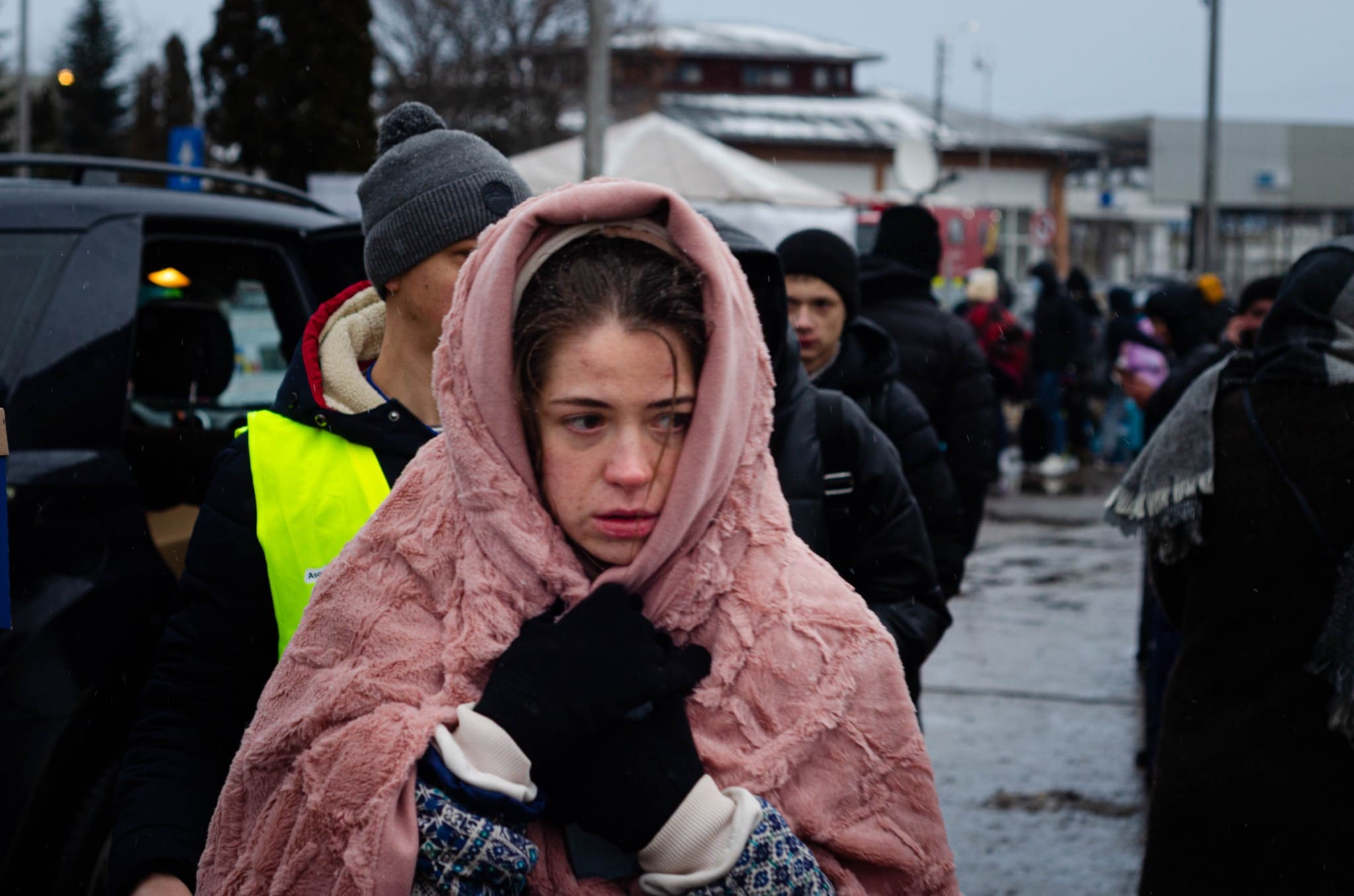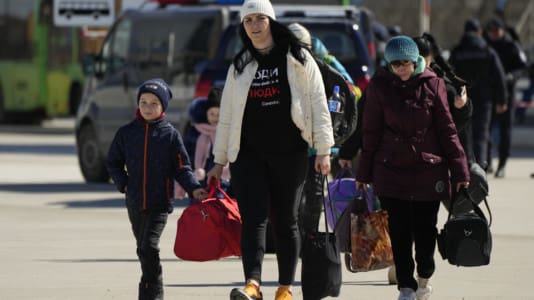Reporters from the Czech Seznam Zprávy news outlet have collected several witness testimonies on the Slovak-Ukrainian border describing how refugees unknowingly got into the cars of pimps and other fraudsters. Ukrainian refugees were reportedly most in danger of being snatched by human traffickers in the first days, especially young women.
“It was huge chaos in the beginning. People came to the border to choose young girls and take them who knows where. These were cars from foreign countries, rarely from Slovakia. I don’t know how they [the human traffickers] managed to organize so quickly,” described the head of the local Catholic charity Pavol Vilček.
He also said he saw suspicious or inappropriate behavior several times from volunteers working at the border. The soldiers noticed that some men made inappropriate comments to the refugees and subsequently managed to push these suspects away from the border with the help of the police and local authorities.
[pp id=32059]
“In the beginning, the situation was convenient for various fraudsters. People who want to abuse the conditions can do it in the greatest chaos. When we saw suspects who collected people in buses, we dealt with the problem with firefighters and customs officers. We also set up bus lines that transport refugees from the border to the assistance center,” described Katarína Levčíková, who works for the Mareena association, which helps the integration of foreigners in Slovakia.
In order to provide safety for refugees, the conditions regarding their transfer by unknown persons have been tightened. In the past, people picked them up at the borders and brought them to other cities, but that is no longer possible.
“These people must register with the police, who will verify their identity if they are not punished and register their car. Only then will they receive confirmation that they can take the refugees away,” said Luboš Golský, who helps refugees in the assistance center in Michalovce to arrange transport to other places in Slovakia and abroad.
Golský himself also noticed several cases of inappropriate behavior. He reportedly saw “a lot of weirdos.” He stressed that he would not entrust refugees to random people.
“There have been almost no volunteers since the police demanded confirmation. Once in a while, someone will appear who will spend the hour with the police, but there are not many of them,” he said, noting that the number of volunteers was declining.
A few days ago, the Association for Women Protection drew attention to cases of pimping with Ukrainian women refugees. Its staff received information from entrepreneurs that some Ukrainian female refugees were forced into prostitution. Police are investigating the case. Various initiatives in the Czech Republic also warned Ukrainians about fraudsters.
“Unfortunately, various fraudsters are coming up with the crisis. It is necessary to be very careful in this regard. Fake job providers are emerging. We do not recommend anyone go through employment through an intermediary, but directly,” said the head of the Ukrainian Initiative of South Moravia, Ilnara Dudašová.
According to Dudašová, Ukrainians generally do not trust the authorities, which is allegedly a relic of the Soviet era and the 1990s when Ukrainians faced rampant crime, corruption and human trafficking.
“It is a big problem because a Ukrainian often trusts his neighbor, who often will not understand an issue, rather than information from the authorities,” Dudašová concluded.






